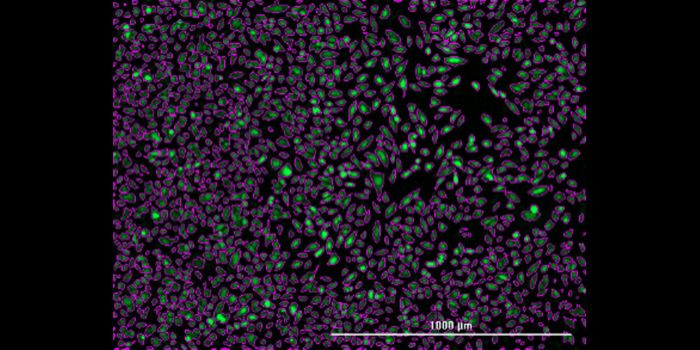Molecular Biology: What is it, and how is it used?
The words “molecular biology” might sound intimidating to most, but it’s not quite as bad as you think, so let’s break down those two words. The word “molecular” means “relating to or consisting of molecules” while biology refers to life. Put them together and you have “the molecules of life”. See, that’s not so bad.
In a nutshell, molecular biology is the branch of biology that studies the molecular basis of biological activity. All life is made of molecules, and the purpose of molecular biology is to study these molecules and see what makes them tick. People who study molecular biology are rightfully called molecular biologists. Their job is to conduct experiments to investigate the structure, function, processing, regulation, and evolution of biological molecules and their interactions with one another, essentially providing micro-level insights into how life works.
Some of the responsibilities of molecular biologists include developing new methods to diagnose and treat diseases; detect and identify environmental pollutants; serve as scientific advisors for business, government, and education; and examine the sequence of DNA. A bachelor’s degree in molecular biology and genetics will open the doors for some roles, to include research associate or technologist, forensic DNA analyst, and plant geneticist. However, typically a master’s or doctoral degree is required for most opportunities, to include higher end researcher and geneticist roles.
An example of the type of research molecular biologists conduct involves cancer diagnoses and treatments, which includes retroviral therapy, silencing of oncogenes, and mutations in tumor suppressor genes. Numerous fundamental discoveries in basic biology have come out of research into the properties of cancer cells; for example, the discovery of reverse transcriptase, RNA splicing and the protein kinases. Recently, information has started to flow in the other direction, and we are at last beginning to see molecular biology yielding discoveries of practical importance in the management and control of human cancer.
What path will you take in molecular biology? Only time will tell, and this is why we science!
As always, keep doing science & keep looking up!
Sources: Thermo Fisher, AG Explorer, University of Guelph, National Library of Medicine, Science Direct








